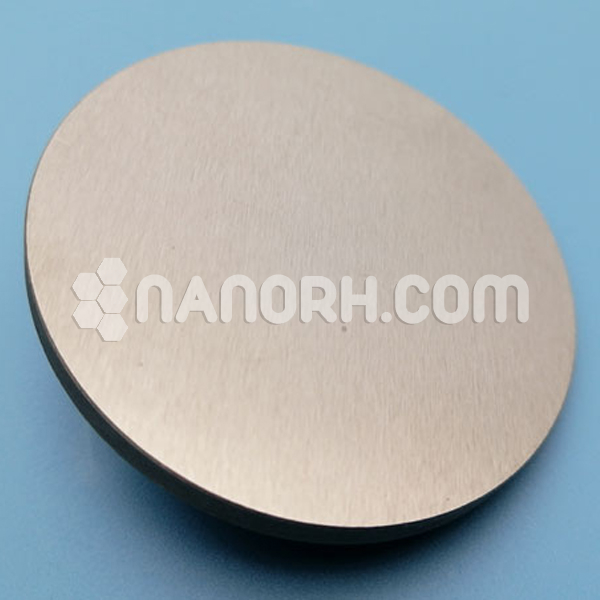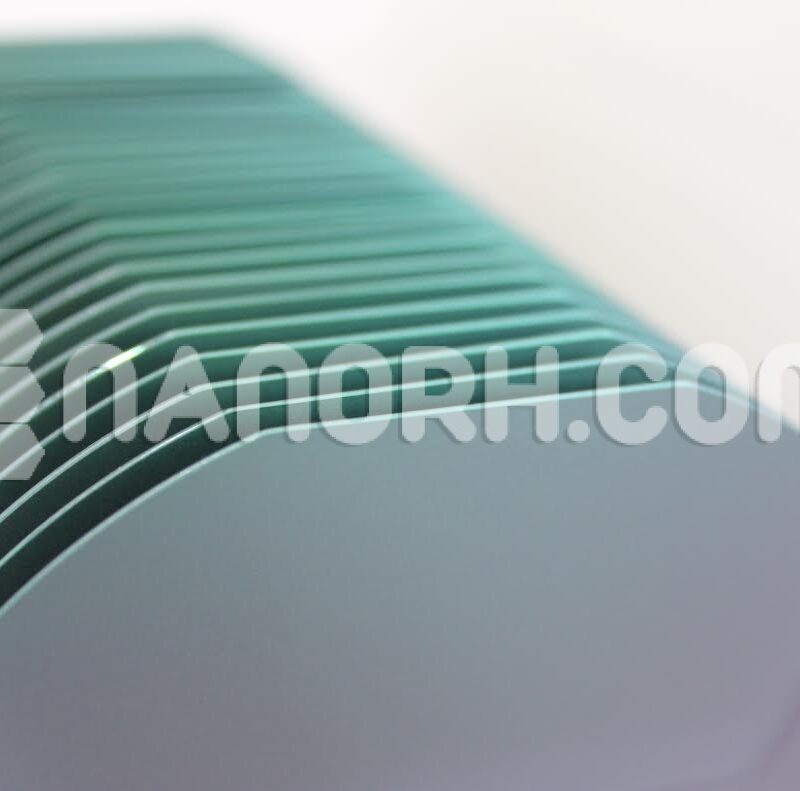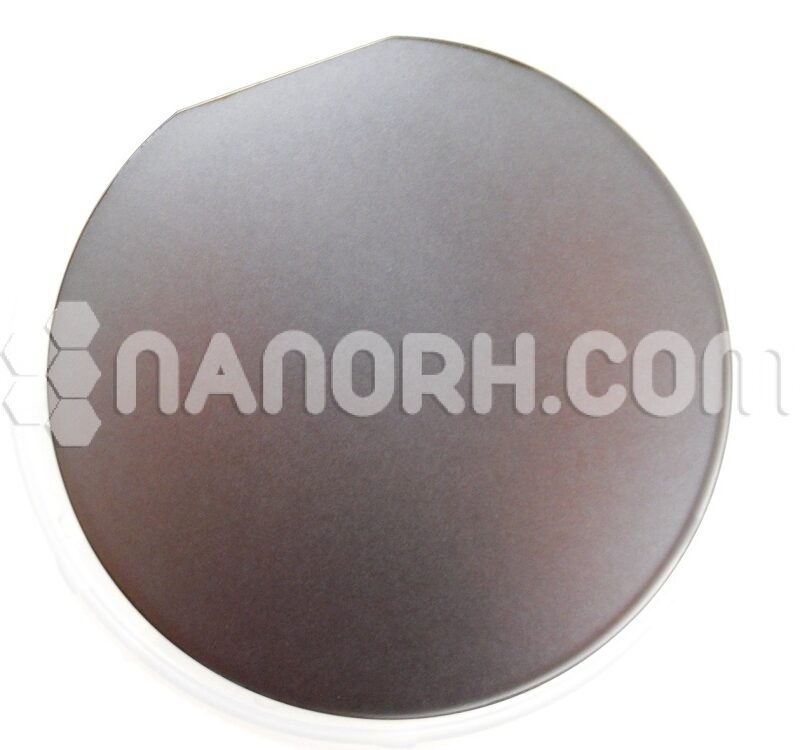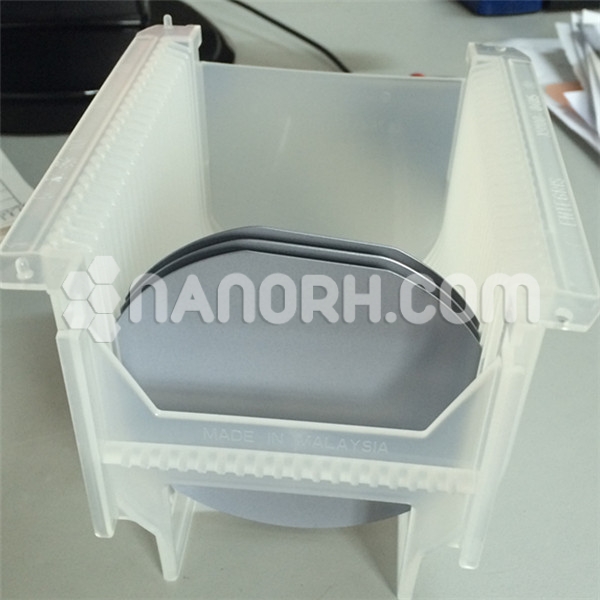| Barium Ruthenate Sputtering Targets | |
| Product No | NRE-43334 |
| CAS No. | 12009-17-5 |
| Formula | BaRuO3 |
| Molecular Weight | 286.39 |
| Purity | >99.9% |
| Density | NA |
| Thickness | 3 mm ± 0.5mm (can be customized) |
| Diameter | 50 mm ± 1mm (can be customized) |
| Shape | Round |
| Resistivity | NA |
| Thermal Conductivity | NA |
Barium Ruthenate Sputtering Targets
Barium Ruthenate (BaRuO₃) sputtering targets are utilized in the deposition of thin films for several advanced applications, particularly in the fields of electronics and material science.
Superconducting Thin Films: BaRuO₃ is known for its potential use in high-temperature superconducting materials. Thin films of BaRuO₃ can be used in superconducting devices and applications where low resistance at high temperatures is crucial.
Electronics: In electronics, BaRuO₃ thin films are explored for their potential use in various components, such as capacitors and resistors, due to their desirable electrical properties.
Spintronics: BaRuO₃ has magnetic properties that are of interest for spintronic applications, where the spin of electrons is used to store and process information. Thin films of BaRuO₃ can be integrated into spintronic devices to leverage these magnetic characteristics.
Ferroelectric Devices: BaRuO₃ can exhibit ferroelectric behavior, making it useful in ferroelectric thin films for applications in non-volatile memory, piezoelectric devices, and sensors.
Optoelectronic Devices: The optical properties of BaRuO₃ thin films can be utilized in optoelectronic devices, including light-emitting diodes (LEDs) and photodetectors.
Catalysis: Thin films of BaRuO₃ can also be used in catalytic applications where their surface properties can facilitate various chemical reactions.
Power Electronics: In power electronics, BaRuO₃ thin films can be used in devices that require stable electrical characteristics under high-voltage conditions.
These applications leverage the unique properties of BaRuO₃, including its electrical conductivity, magnetic properties, and potential for superconductivity, making it a valuable material for advanced technological applications.




